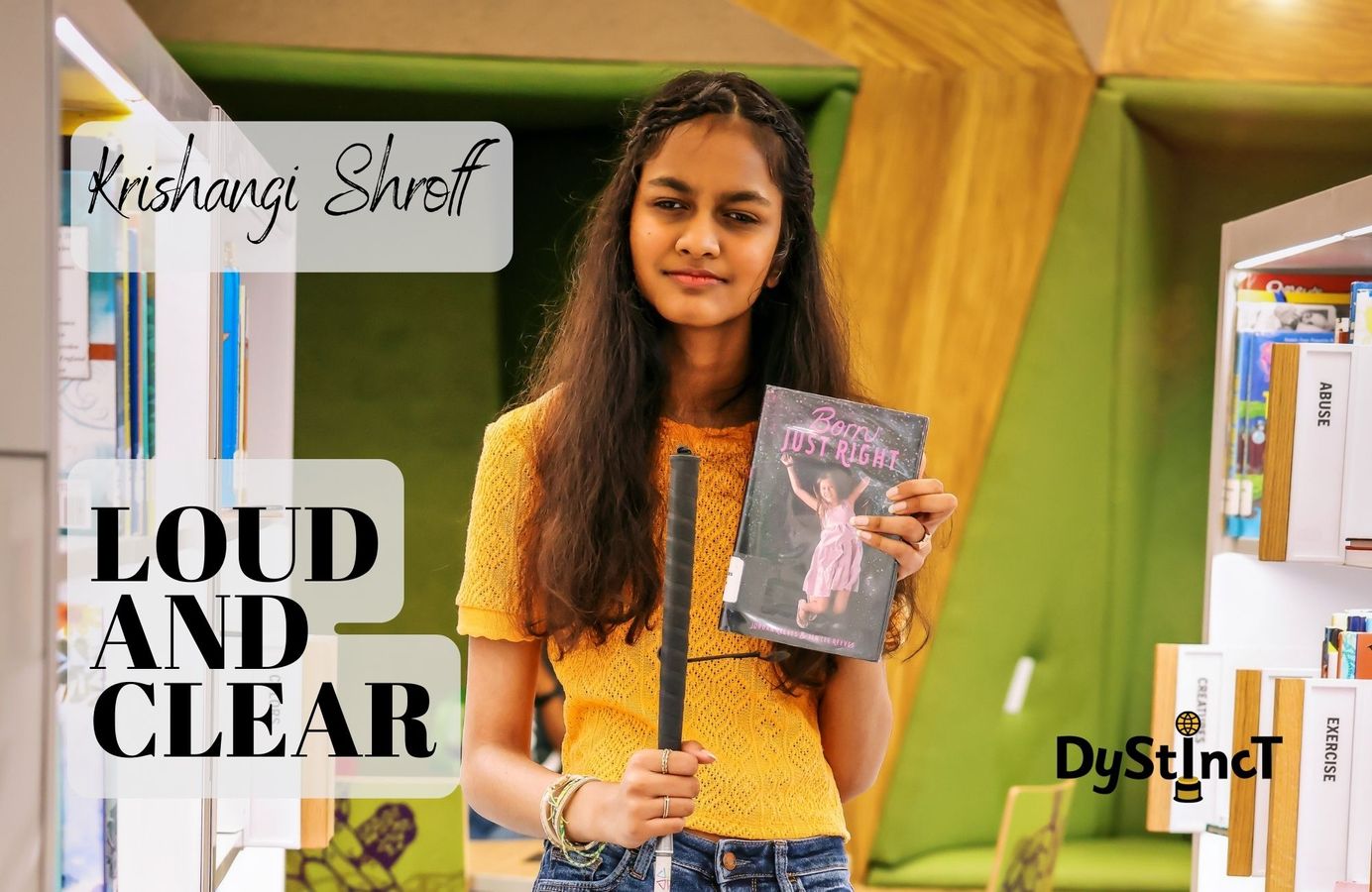
Issue 16: The Dystinct Journey of Krishangi Shroff
The inspiring journey of Krishangi Shroff, a remarkable 13-year-old with Usher Syndrome and dyslexia, who has overcome many challenges to advocate for inclusive education, defying low expectations and reshaping perceptions of disability.
This post is for paying subscribers only
SubscribeAlready have an account? Log in


